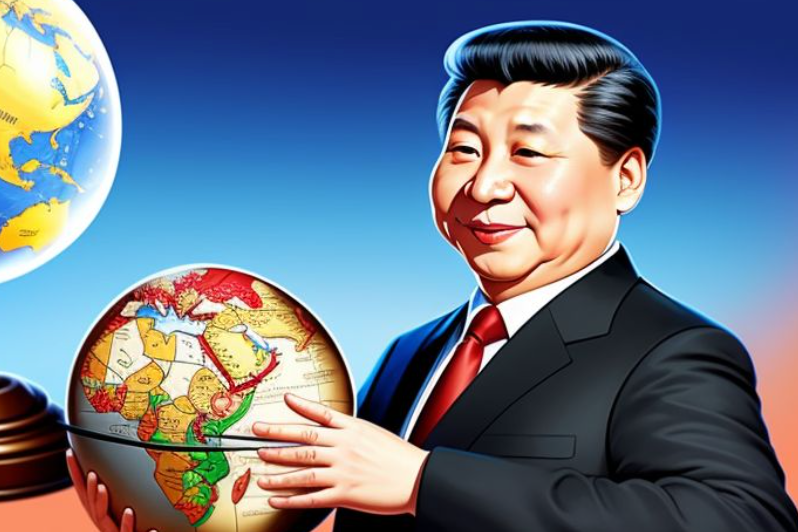#China #Russia #LNG #EnergySanctions #Geopolitics #EnergySecurity #TradeWars #EconomicStrategy #GlobalEconomics #SanctionDefiance #ArcticLNG #EnergyMarkets
Why Is China Increasing Russian Arctic LNG Imports Despite Sanctions? Discover the Strategic Benefits.
In recent developments that mark a significant stride in international trade dynamics, China has taken delivery of its fourth shipment of liquefied natural gas (LNG) from the Russian Arctic LNG 2 project. This move comes amidst ongoing Western sanctions aimed at curtailing Russia’s energy exports. The delivery was facilitated by the Buran, a Russian tanker that is itself subject to sanctions, which docked at the Beihai LNG Terminal in China this September.
The Geopolitical Chessboard: Understanding China’s Motives
The increasing imports of LNG from Russia by China can be seen as a strategic maneuver in the complex geopolitical environment. By bolstering its energy ties with Russia, China not only secures a steady supply of energy but also strengthens its political alliance with Russia. This partnership allows both nations to consolidate their positions against Western economic pressures.
Economic Implications of the LNG Imports
From an economic perspective, these imports are a testament to China’s adeptness in navigating the global energy markets. By diversifying its energy sources, China mitigates the risks associated with over-reliance on any single region or alliance. Moreover, the acquisition of energy at competitive prices from Russia ensures that China can maintain a balanced energy cost structure, which is crucial for its industrial and economic growth.
The Response to Sanctions
The ongoing scenario underscores a bold defiance by China and Russia against the sanctions imposed by the U.S. and its allies. This defiance not only highlights the limitations of unilateral sanctions in a multipolar world but also indicates the potential shifts in global trade alliances and energy dependencies.
Strategic Benefits for China
The strategic benefits for China are manifold. Firstly, securing energy resources from Russia ensures China’s energy security, a cornerstone for its rapidly growing economy and industrial sector. Secondly, this move diversifies China’s energy portfolio, reducing potential vulnerabilities associated with geopolitical tensions in other energy-rich regions.
Future Outlook
As the global energy landscape continues to evolve, the partnership between China and Russia over LNG is likely to shape the dynamics of international energy markets. This relationship will potentially lead to a reconfiguration of global energy flows, with significant implications for energy prices and economic alliances globally.
In conclusion, China’s increasing imports of LNG from Russia, despite facing international sanctions, reflect a well-calibrated strategy aimed at enhancing its economic stability and geopolitical strength. This development is a clear indicator of China’s proactive approach to securing its interests in a rapidly changing world.
For more insights into global stock movements influenced by geopolitical factors, visit our dedicated section on global stocks.











Comments are closed.